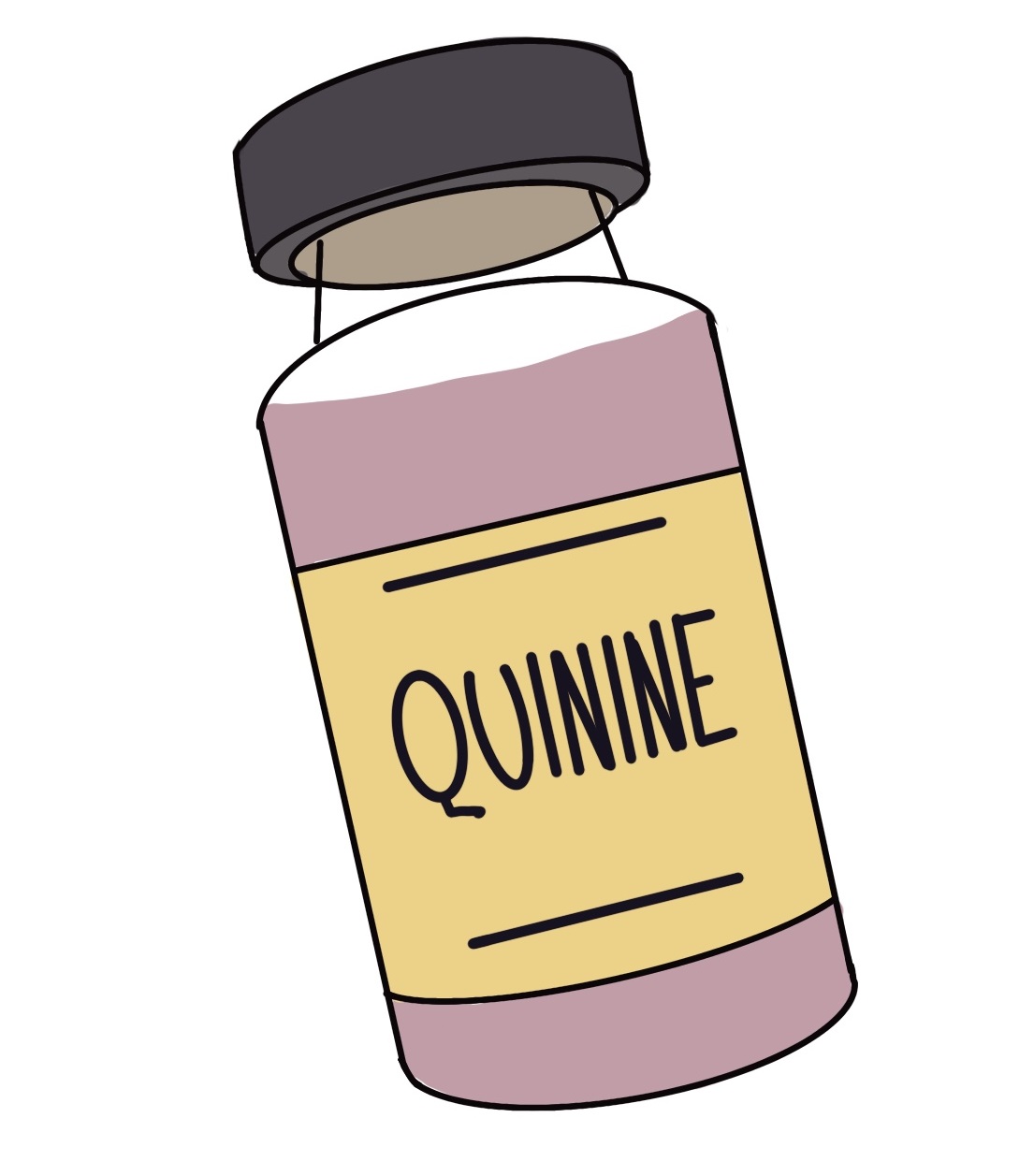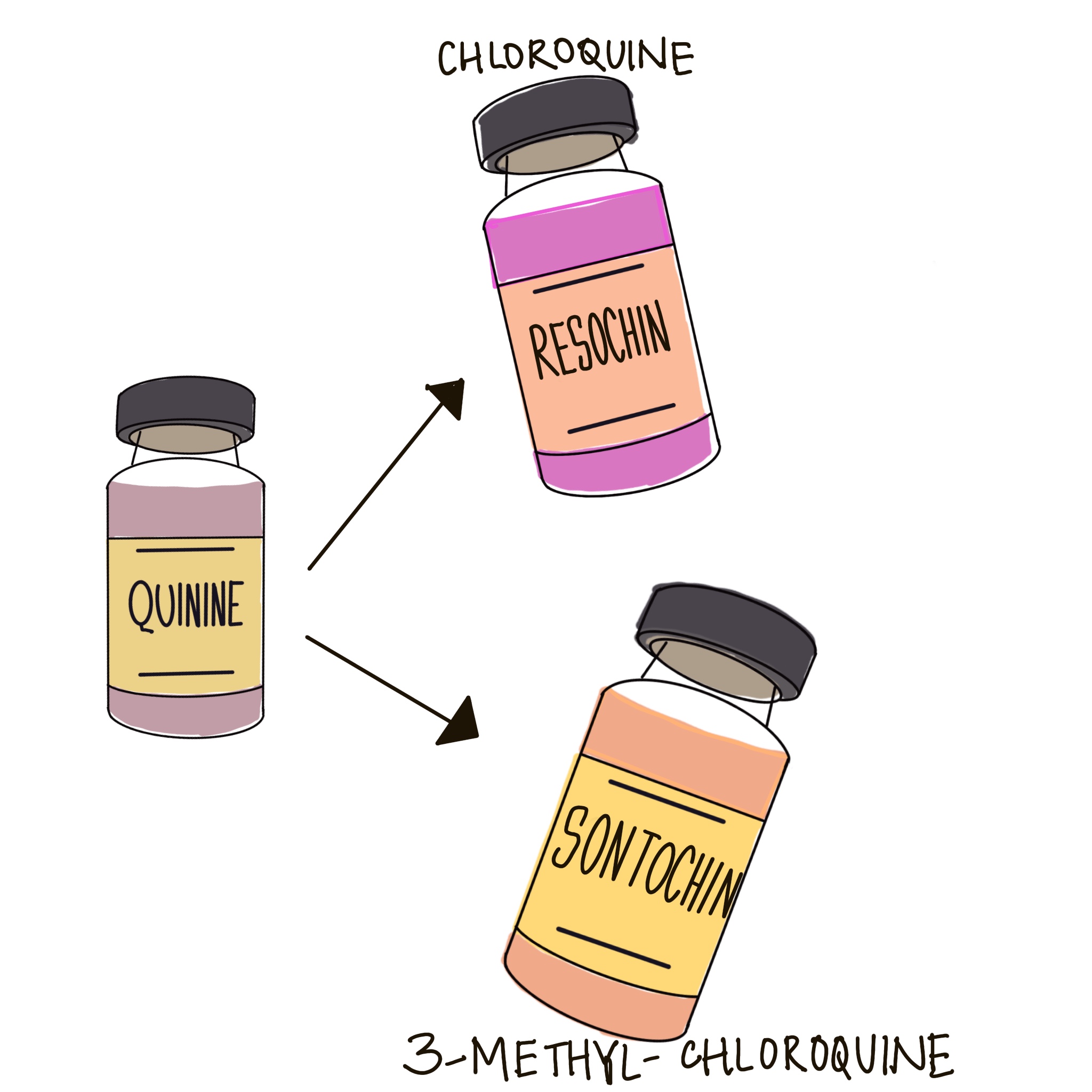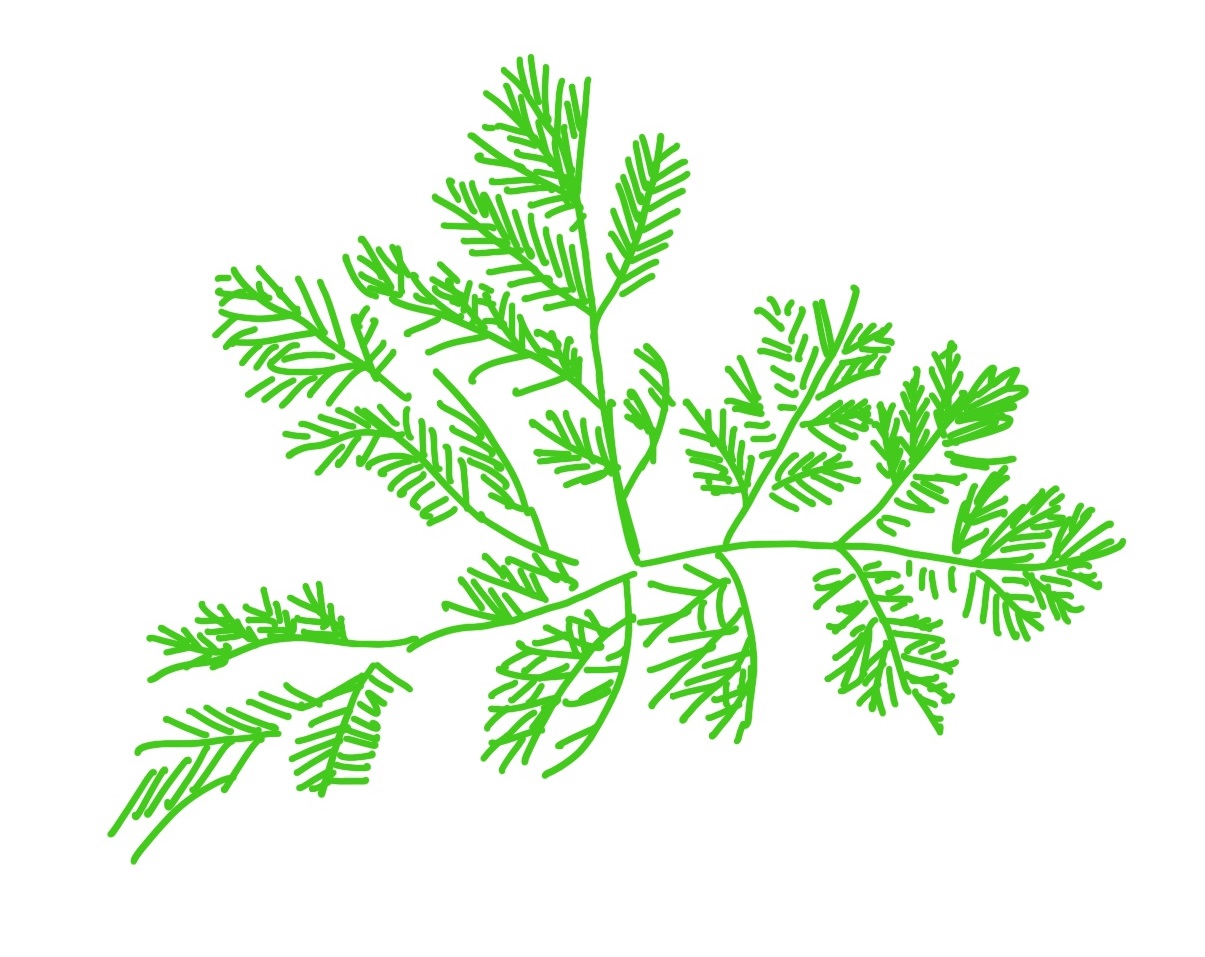2023
|
13 Oct 2022
|
E-book launch! This e-book explores approaches taken by engagement practitioners, engagement scholars, social scientists, and researchers to promote listening and responding to community voices in research processes. It seeks to understand the challenges that obstruct meaningful integration of community voices in research design and responsiveness to expressions of needs and aspirations for change, in low-and-middle-income countries. The Research Topic draws experience from numerous majority world countries and explores multiple global health challenges and research approaches 6 FEBRUARY 2023 | 09:00 UK Time | REGISTER HERE |
Mesh, Eh!woza and Interfer are excited to announce the dates for an in-person Connectors Workshop in Cape Town, South Africa in 2022. Building on the success of the online Connectors Workshop series and easing of global transportation restrictions, we are excited to meet with you from Monday 21st to Wednesday 23rd November 2022.
The workshop will aim to:
- Encourage an active and supportive trans- and multi-disciplinary Community of Practice for health engagement, especially within Africa, Asia and across the Global South
- Facilitate new and tangible mutually beneficial collaborations
- Explore and document the challenges faced by Connectors in health research and engagement
- Encourage participants to work together on problem-solving and exploring new opportunities
- Create a lasting network and professional support system (through sharing learning, creating new resources and piloting ideas)
In early 2021, we carried out a series of consultations reaching out to community and public engagement professionals, researchers, creatives and others to determine the most pressing themes and topics for discussion in our field. The 2022 live workshop will further explore many of these themes by expanding on the learning and ideas generated during the Connectors online workshop series.
Workshop sessions will focus on: sharing successes together with challenges, processes, approaches and engagement methods; exploring active, meaningful and egalitarian collaborations; reflecting on innovation; and advocating for equitable access and representation.
Invitations and travel
The workshop is invitation-only as we have a restricted number of places. We are able to offer a small number bursaries for travel and accommodation to participants without institutional support or independent funding. Invitations to register for the workshop will be circulated by email and we encourage you to register early. Please note: Inward travel will be on Sunday 20 November 2022 and outward travel from 16:30 on 23 November 2022.
We would also encourage you to stay on in Cape Town to attend The Global Health Network Conference 2022: Enabling Health Research in Every Healthcare Setting which will be held at the University of Cape town from 24-25 November 2022. Find out more and register here: https://uctcmc.eventsair.com/the-global-health-network-conference-2022/
------------------------------------------------------------------------------------
What are 'Connectors'?
We define Connectors as individuals, agencies, creatives and other organisations who play key roles in bridging the gap between research and communities. These actors could be engagement experts, local charities, creative agencies, artists, private businesses or community groups. Connectors have unique skills and experience, existing ways of connecting with the public, and can be central to the success of a community engagement project.
Why are they important in engagement?
Some of the most successful community engagement projects have emerged from a collaboration between researchers, community members and professionals who come from another sector entirely. This could be creative industries, media, charity or humanitarian, sports and leisure, education, film/television or popular culture. Engagement projects built on these kind of multidisciplinary collaborations have the advantage of bringing alternative perspectives to health research, reaching new public groups and ensuring scientific research is accessible and relevant to everyday life.
What is the Connectors project?
Mesh, Eh!woza and Interfer are working together to explore and support the role of Connectors in health engagement. We hosted three free virtual workshops across September, October and November 2021 exploring the topics and themes you have told us are most important to you. For more information on the Connectors project and the previous themes explored, see the online workshop pages: https://mesh.tghn.org/themes/connectors
This work is licensed under a Creative Commons Attribution 4.0 International License
OLD TRAINING COURSES
Public Engagement Masterclass from Wellcome Connecting ScienceDuration: 3 days | Cost: £150 GBP - bursaries are available | Language: English Suitable for: Applicants must be active researchers (PhDs students, postdoctoral researchers level or above) at a research institute or higher education institution. The course is open to researchers from all disciplines. Public Engagement Masterclass supports researchers from all disciplines who want to embed public engagement in their research. As the world begins to recover from Covid-19, public engagement with research must reflect the big influences affecting society as well as the academic and research sectors, including misinformation, digital exclusion, and embedded prejudices and inequalities in society. Guided by an overarching theme of Public engagement in Transforming Times the programme will include: • Engaging different communities with research, examining contexts, partners and audiences |
Back to list of Online Courses
Online Short Course in Science Communication, with Stellenbosch University #ScicommDuration: 2 months (2-3 hours/wk) | Cost: ZAR 9000 BUILD YOUR #SCICOMM SKILLS WITH THIS ONLINE COURSE DESIGNED FOR PARTICIPANTS FROM AFRICAN COUNTRIES
The online science communication course at Stellenbosch University is designed to build expertise in strategic engagement with public audiences – an increasingly important requirement of publicly-funded research. Participants will get to grips with theory, research trends, best practice and strategic thinking in the field, while benefiting from networking with fellow science communicators around the world. The course is also a stepping stone for young scientists who may be interested to pursue a career in the field of science communication research or practice. Visit the website to find out the next dates, course content, costs and application procedures and read feedback from previous participants. |
Back to list of Online Courses
Monitoring and EvaluationWhere: AMREF Health Africa, Nairobi, Kenya This course gives participants a clear understanding of the process of initiating sustainable intervention projects, including planning, management and implementation. |
Leadership and Management in Community Development ProgrammesWhere: AMREF Health Africa, Nairobi, Kenya This course gives participants a clear understanding of the process of initiating sustainable intervention projects, planning, management and implementation. |
1820 QuinineTwo French chemists isolated quinine from the cinchona bark and quinine became a treatment of reference for intermittent fever throughout the world. Resistance was first reported in the 1980s and as of 2006, quinine is no longer used as a front-line treatment for malaria but is still on the WHO’s Model List of Essential Medicines (MLEM) |
|
|
|
1934 ChloroquineResearched by German scientists to find substitute for quinine, these compounds belonged to a new class of antimalarials, the four-amino quinolines. Resistance Chloroquine-resistant strains of Plasmodium falciparum were first observed during 1978nin East Africa. Between 1978 and 1988, resistant parasites were reported in all countries of tropical Africa. |
1972 ArtemisininIsolated by Chinese scientists in 1972 from Artemisia annua (sweet wormwood), better known to Chinese herbalists for more than 20000 years as Qinghao. Resistance Evidence of selection and spread of parasites partially resistant to artemisinin has now been identified in the Greater Mekong subregion (GMS) and Africa – specifically in Eritrea, Rwanda and Uganda. |
|
1974 MefloquineA collaborative achievement of the US Army Medical Research and Development Command, prevented falciparum malaria when taken regularly was shown in 1974. Resistance Resistance to mefloquine began to appear in Asia in 1985, around the time the drug became generally available. |
1981 Sulfadoxine/Pyrimethamine (SP)Initially approved for medical use in the United States in 1981. When SP was introduced in Thailand in 1967, resistance appeared that same year and spread quickly throughout South East Asia Resistance Resistance to SP in Africa remained low until the late 1990s but since then it has spread rapidly. |
Triple Artemisinin based combination therapyNew antimalarials are being developed that could take at least 4-5 years to be accessible to the communities that need them. Currently, triple artemisinin-based combination therapy, which uses antimalarials that have already been widely used is under development and can be a strategy to delay or prevent resistance and extend the useful lifetime of these drugs. |

 |
Mentions of malaria can be found in Indian, Chinese, Egyptian, and Greek scripts as early as 3200 BC4. For centuries, malaria has been treated by an extract from the bark of the Cinchona tree found in South America.2 For over 2500 years the idea that malaria fevers were caused by miasmas rising from swamps persisted and it is widely held that the word malaria comes from medieval Italian “mal'aria” meaning spoiled air. Likewise, French word "paludisme" comes from the Latin word "palus," which means the sickness related to swamps. The Greek word for this illness, "elonosia," also means "the sickness from swamps”5. |
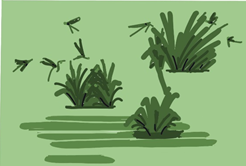 |
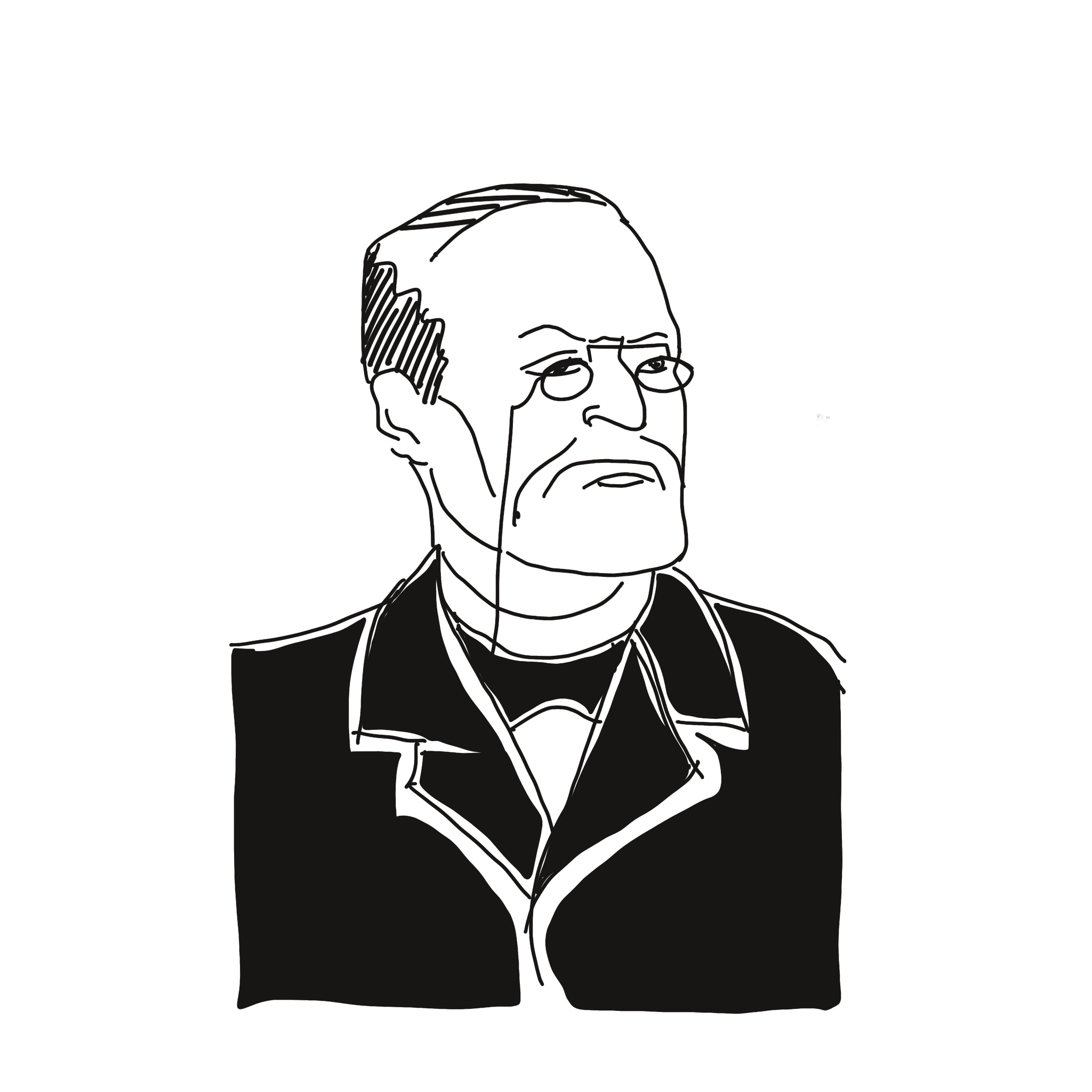 |
In 1880, French doctor Alphonse Laveran was the first to identify the parasite seen under a microscope as the cause of malaria.6 In 1897, Sir Ronald Ross discovered the malaria parasite in a mosquito that had fed on a malaria patient, confirming the role of Anopheles mosquitoes in the transmission of malaria.1 |
 |




